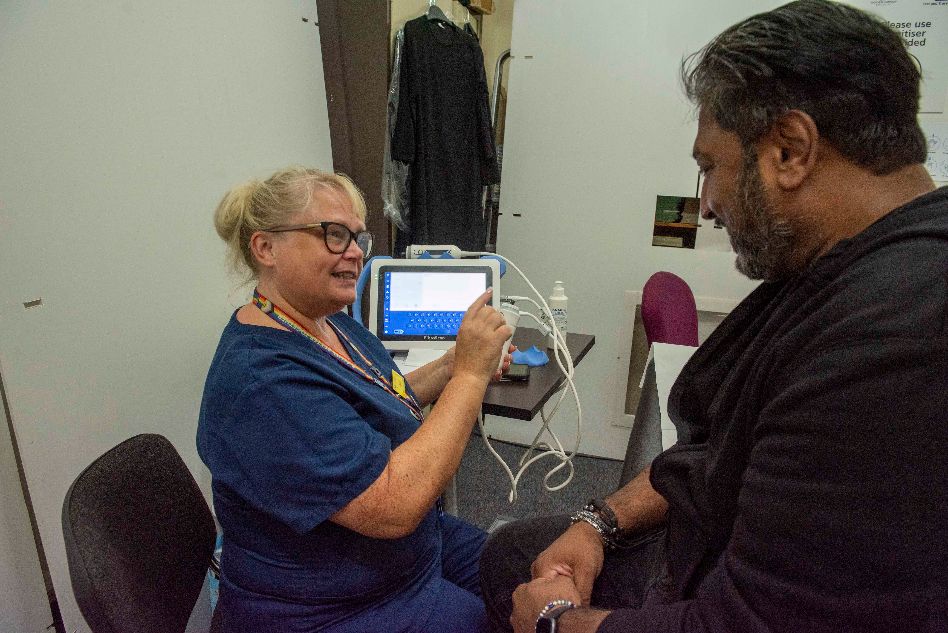Over the course of 2014 Brazil welcomed 6,429,852 international tourists, boosted primarily by hosting the World Cup. For the first time, the country exceeded the 6 million mark for foreign entries, with the number of visitors representing a 10.6% increase against 2013 figures. Argentina continues to be the top country for Brazil-bound tourists, with 1,743,930 Argentinians visiting in 2014, followed by the United States (656,801) and Chile (336,650).
The main port of entry for the country remains São Paulo, through which 2,219,917 visitors entered. Rio de Janeiro, which was the gateway for 1,597,153 visitors, registered the highest increase in the entry of foreign visitors, with 389,353 more people than in 2013, a 32.2% increase for the period.
The data is part of the 2015 Annual Report on Tourism Statistics from the Brazilian Ministry of Tourism. The figures reveal that 70.6% of international tourists arrived in Brazil by air and 27.3% travelled by road, with the remainder arriving by boat.
The tourist figures clearly demonstrate that the global impact of football was instrumental in the increase in tourism for 2014. In June, the month during which the World Cup was held, the arrival of international tourists almost tripled, jumping from 350,025 in 2013 to 1,018,876 in 2014.
"The numbers show that the World Cup was big business for tourism. Now the challenge is to guarantee conditions for the sector to keep growing", commented the Minister of Tourism, Henrique Alves. "Mega events are excellent catalysts for increasing tourism flows for destinations, but in order to maintain consistent growth, we need to address structural issues and approach tourism with professionalism in Brazil", he added.
The Ministry of Tourism is promoting the creation of official Special Areas of Touristic Interest; places where investors will have a credit incentive and better licensing rules in order to improve the country's tourism infrastructure.
Another project underway is the reorganisation of the management of Embratur (the Brazilian Tourist Board). The rationale is to transform the self-governing authority into an agency, in order to facilitate partnerships with private initiatives and to create more transparency and flexibility for the body.
With a focus on the Olympics and Paralympics, the Tourism and Foreign Relations Ministers are working in partnership to find solutions to end the requirement for North Americans to apply for a visa, from August of this year until the end of the 2016 Games. According to the recently published Competitiveness Report from the World Economic Forum, Brazil is in 91st place in a ranking of 141 countries of "international openness", an assessment that measures how easy it is to gain a visa and entry to a country.
"Hosting large sporting events such as the World Cup last year, and the Olympics and Paralympics in 2016, provides an exceptional boost to the Brazilian tourism sector, adding to the huge global exposure of Brazil. The tourism statistics are a historic record for our country and we know that the World Cup was the main driver behind the increase in the number of foreign tourist entries to Brazil", added Vinícius Lummertz, President of Embratur.
















